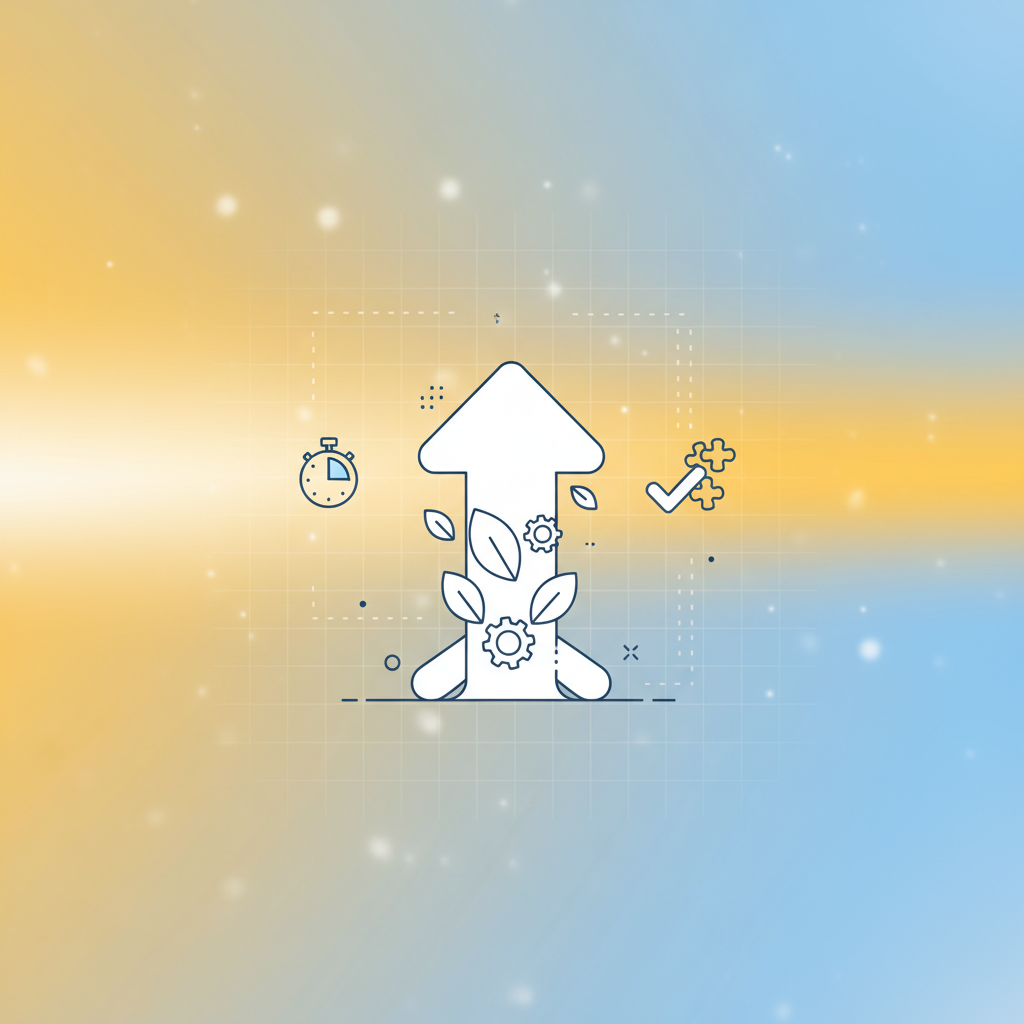Beginner Fasting Adaptation Checklist
The Beginner Fasting Adaptation Checklist is a free online tool designed to guide newcomers through the initial stages of intermittent fasting. It offers a step-by-step framework to help users track their progress, identify common challenges, and implement effective fasting strategies. This checklist supports gradual adaptation by focusing on hydration, meal timing, and mindful eating habits. Accessible via any device, it provides personalized tips to enhance fasting success and sustain long-term health benefits.

Beginner Fasting Adaptation Checklist Related Articles
Beginner’s Fasting Adaptation Checklist: Essential Steps for a Smooth Start
Start your fasting journey by gradually increasing fasting periods to help your body adapt comfortably. Prioritize hydration and balanced nutrition before and after fasting to maintain energy levels and support metabolic function.
How to Prepare Your Body for Intermittent Fasting: A Newbie’s Guide
Start by gradually adjusting your meal times to create a natural fasting window, easing your body into the intermittent fasting routine. Hydrate consistently to support metabolism and reduce hunger pangs during fasting periods.
Adapting to Fasting: Daily Habits for First-Time Fasters
Establish a consistent eating window to help your body adjust to fasting rhythms and reduce hunger pangs. Prioritize hydration by drinking plenty of water throughout the day to support energy levels and detoxification.
Fasting for Beginners: A Simple Pre-Fast Preparation Checklist
Prepare your body for fasting by gradually reducing meal sizes and avoiding heavy, processed foods to minimize discomfort. Stay hydrated by drinking plenty of water and herbal teas in the days leading up to your fast.
Foundational Tips for Starting Intermittent Fasting Safely
Start intermittent fasting by gradually increasing fasting windows to allow your body to adapt without stress. Prioritize hydration and balanced nutrition during eating periods to maintain energy and prevent nutrient deficiencies.
Intermittent Fasting Beginners: What To Do Before Your First Fast
Before starting your first intermittent fast, ensure you hydrate adequately and avoid heavy meals to ease your body into the fasting state. Gradually reduce your eating window over several days to help your metabolism adjust without causing stress.
Hydration, Nutrition, and Mindset: Fasting Prep Essentials
Proper hydration before fasting supports energy levels and reduces fatigue by maintaining electrolyte balance. Consuming nutrient-dense meals rich in vitamins, minerals, and healthy fats helps sustain metabolism and curbs hunger during fasting periods.
Key Preparations Before Your Initial Fast for Smooth Adaptation
Establish a consistent eating schedule and prioritize hydration to support your pet's metabolic adjustment during the fast. Monitor your pet for any signs of discomfort or sudden behavioral changes, ensuring a safe fasting experience.
The Ultimate Beginner’s Guide to Fasting Adaptation
Mastering fasting adaptation begins with understanding how your body adjusts to new eating patterns and recognizing signs of progress like increased energy and reduced hunger.
Building Your Personalized Fasting Checklist: Step-by-Step for Success
Create a personalized fasting checklist by identifying your goals, preferred fasting windows, and potential challenges to stay motivated. Include hydration reminders, meal planning tips, and scheduled check-ins to track progress effectively.
